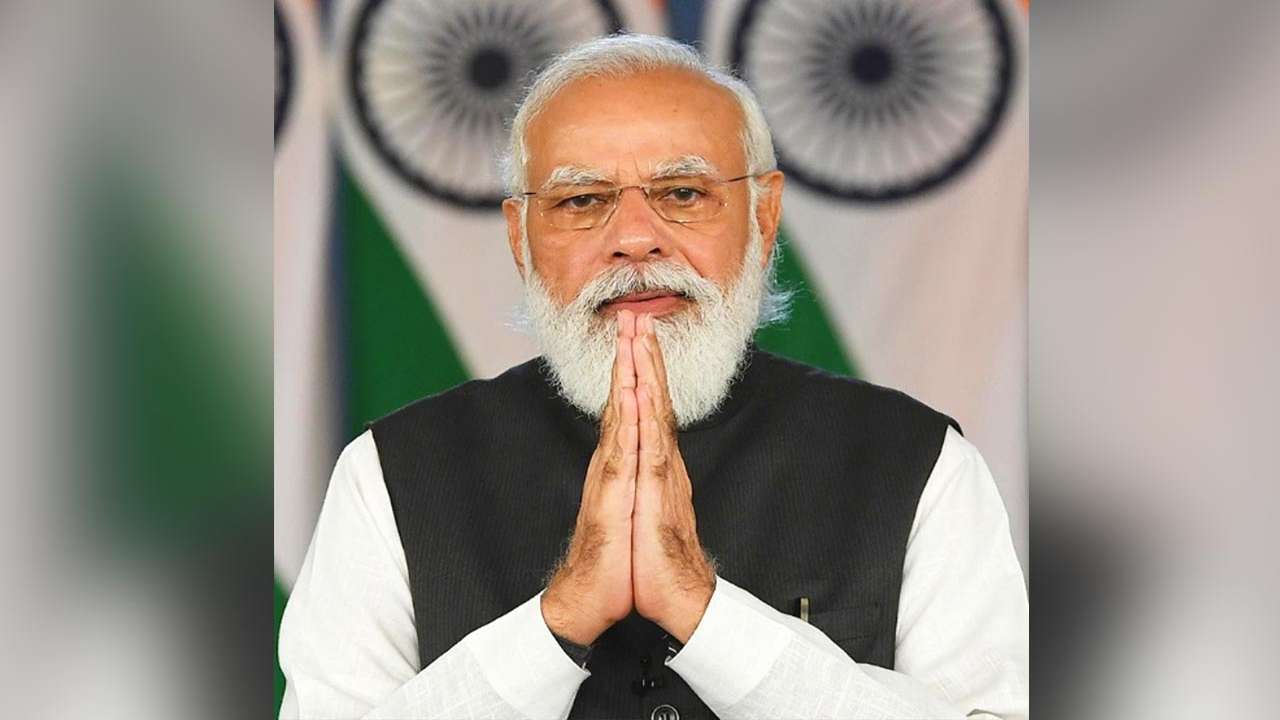India News
PM Modi greets nation on National Voters Day, to interact with first-time voters virtually today
Every year on January 25, National Voters’ Day is observed to commemorate the day the Election Commission of India was founded. Motivating voters to engage in the electoral process is its primary goal.

India News
JNU protest turns violent as Left and Right student groups trade charges
A late-night protest at JNU turned violent as Left and ABVP student groups accused each other of stone-throwing and attacks near the East Gate.
India News
World praised India’s AI potential at AI Impact Summit, says PM Modi
PM Modi said the world praised India’s AI potential at the AI Impact Summit 2026, where 89 countries endorsed the New Delhi Declaration on artificial intelligence.
India News
Devendra Fadnavis seeks CBI probe into Ajit Pawar plane crash
Maharashtra Chief Minister Devendra Fadnavis has requested a CBI investigation into the plane crash that killed Deputy CM Ajit Pawar, alongside ongoing DGCA and CID probes.
-

 LATEST SPORTS NEWS7 hours ago
LATEST SPORTS NEWS7 hours agoICC Men’s T20 World Cup 2026: South Africa outclass India with smart slower-ball strategy in Super 8
-

 India News7 hours ago
India News7 hours agoJNU protest turns violent as Left and Right student groups trade charges
-

 India News8 hours ago
India News8 hours agoDevendra Fadnavis seeks CBI probe into Ajit Pawar plane crash
-

 India News7 hours ago
India News7 hours agoWorld praised India’s AI potential at AI Impact Summit, says PM Modi
-

 Latest world news1 hour ago
Latest world news1 hour agoBangladesh president Shahabuddin accuses Yunus of conspiracy to unseat him














